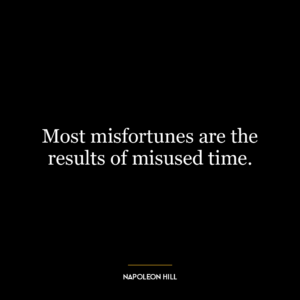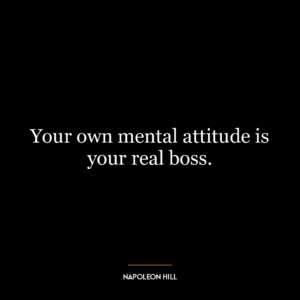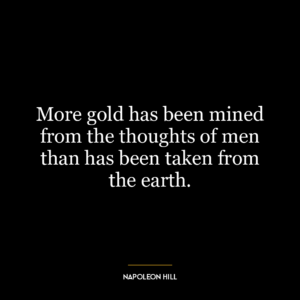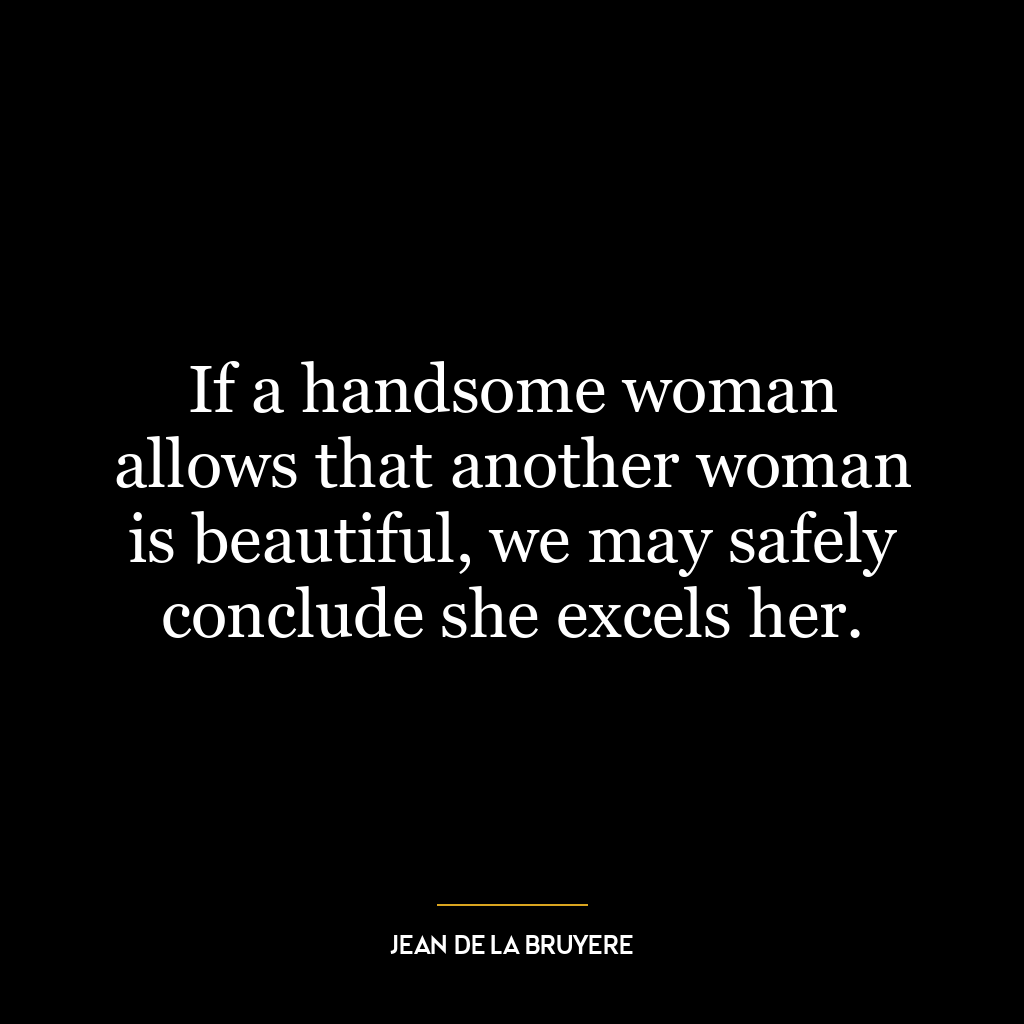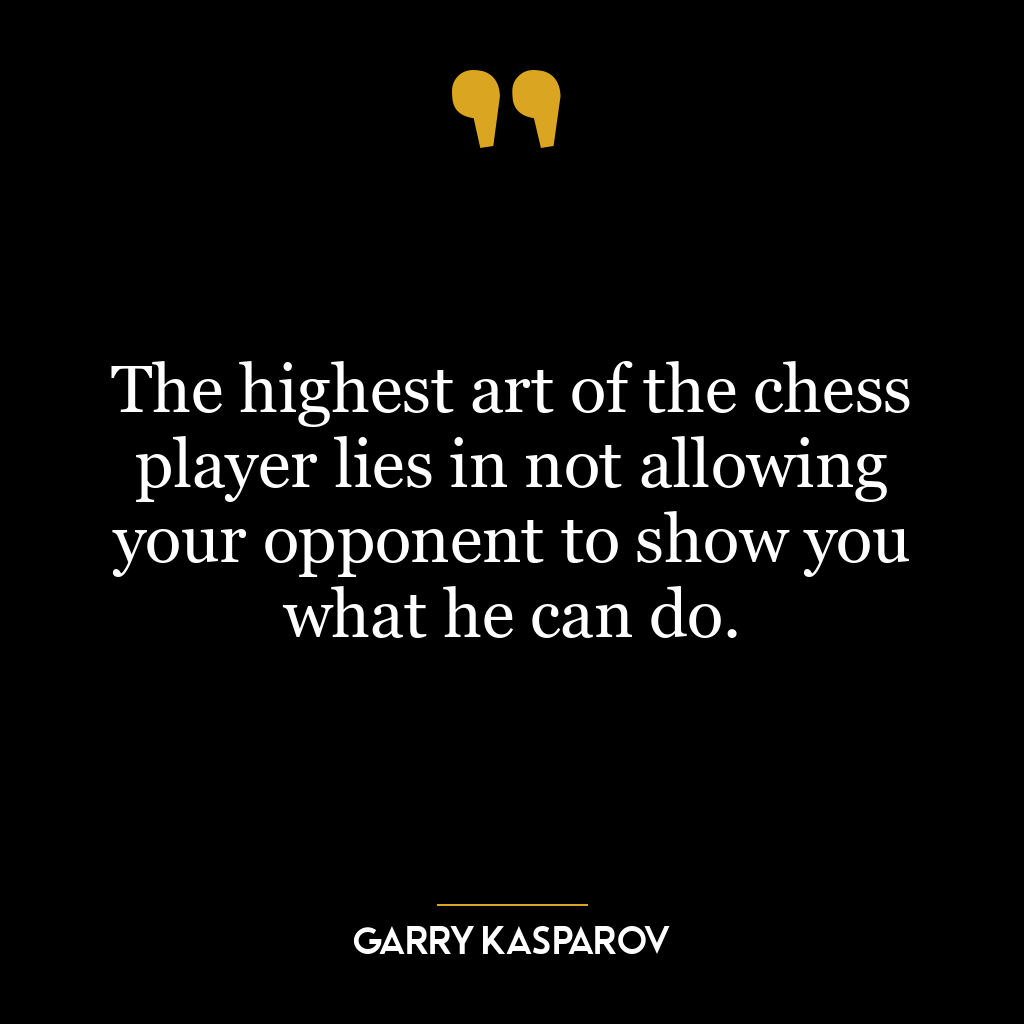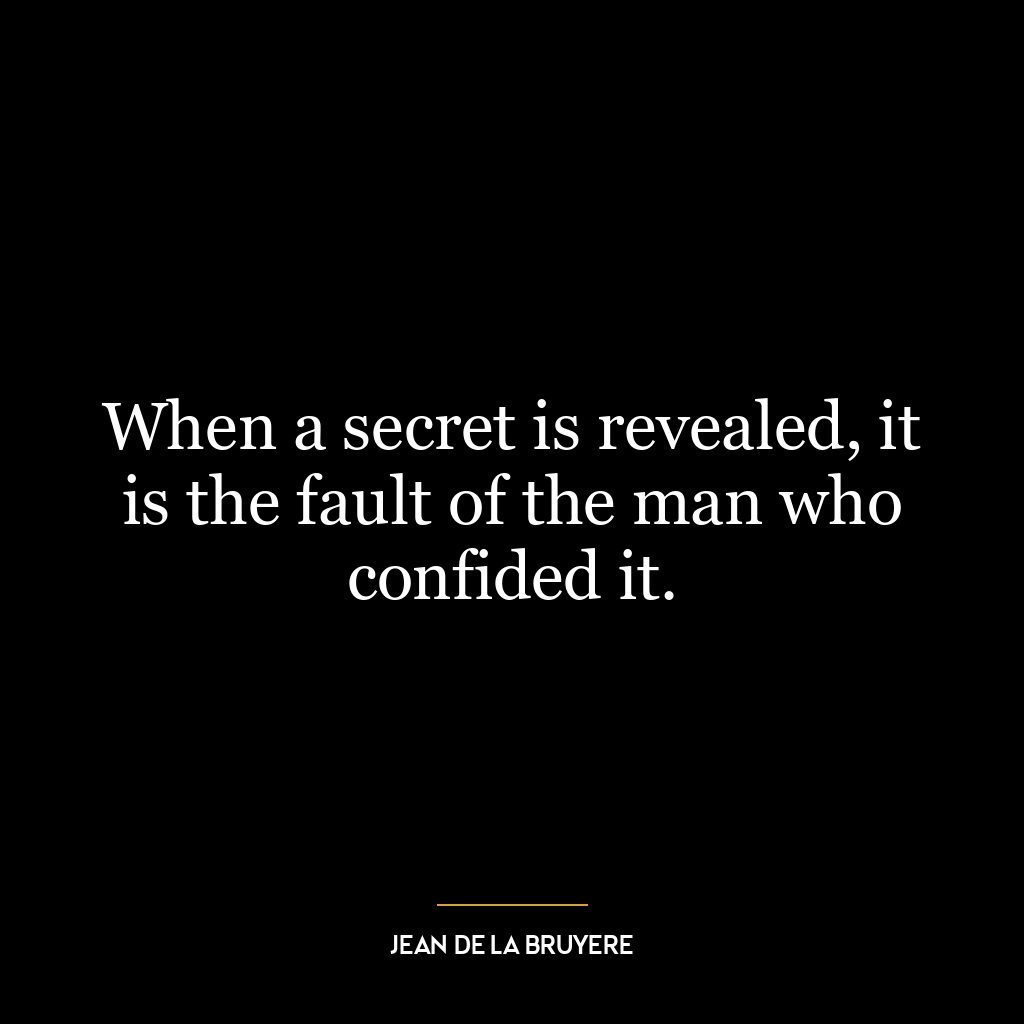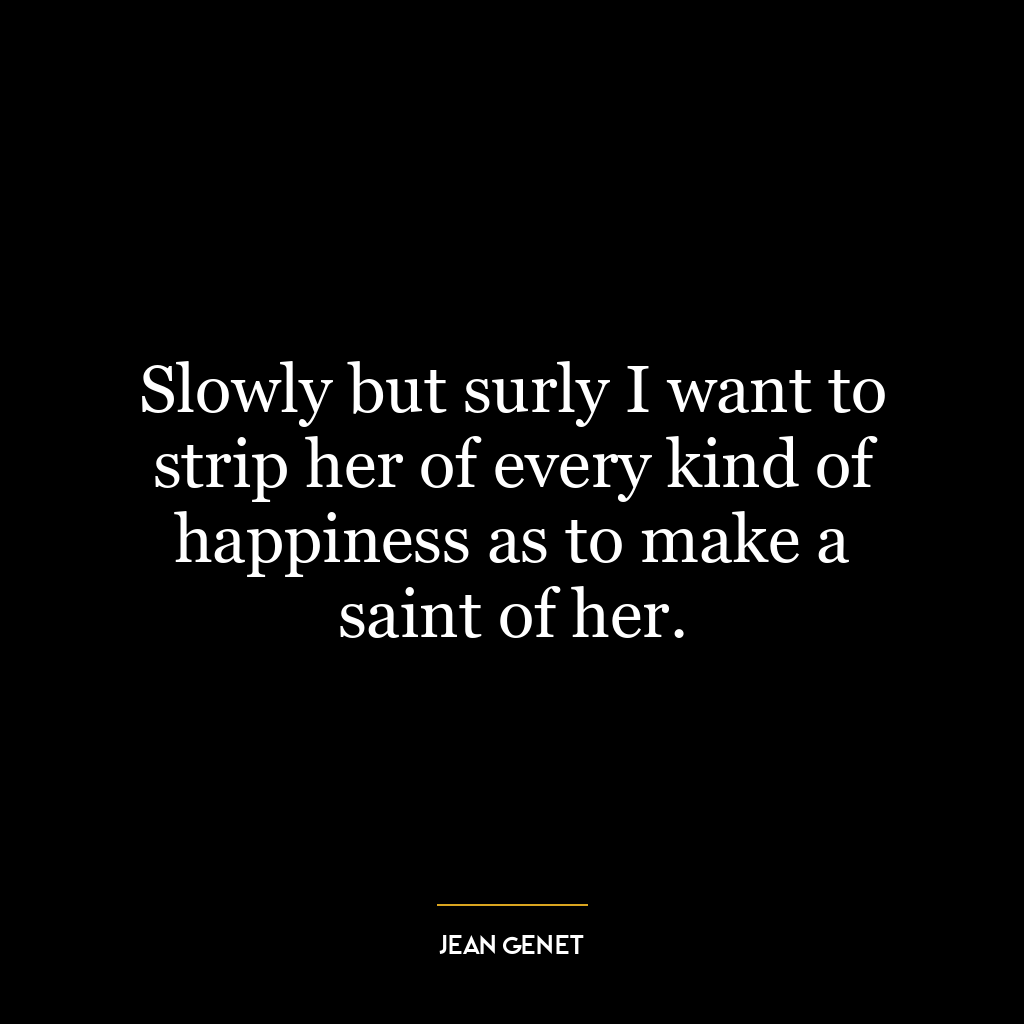This quote is a profound reminder of our personal power and autonomy, especially in terms of emotional responses. It suggests that our emotions, such as jealousy, anger, vengeance, or greed, are not intrinsically elicited by others’ actions or words. Instead, they are the result of our own interpretation and perception of those actions or words. In other words, we have the power to control our emotional reactions.
The phrase “unless you let him” implies that we have a choice in how we respond to others. It suggests that if we feel negative emotions, it is because we have allowed ourselves to feel that way. This perspective emphasizes our agency and responsibility in managing our emotional states.
Applying this idea to today’s world or personal development, it becomes a call to action for self-awareness, emotional intelligence, and self-regulation. It’s about recognizing that we have the power to choose our responses and that we can’t control what happens to us, but we can control how we react.
In a world where we are constantly bombarded with information and stimuli that can easily trigger negative emotions, this quote is a reminder to take a step back and reassess our reactions. It encourages us to practice emotional resilience and not let external factors dictate our internal state.
In terms of personal development, this quote could serve as a guiding principle for emotional growth. It encourages us to take control of our emotional responses and not let them be dictated by others. This could involve practices like mindfulness, meditation, cognitive-behavioral techniques, or simply taking a moment to pause and reflect before reacting.
In essence, this quote is a call to personal empowerment, reminding us that we are in control of our emotions and reactions. It’s a lesson in emotional self-regulation and a reminder that we have the power to choose our emotional responses.




